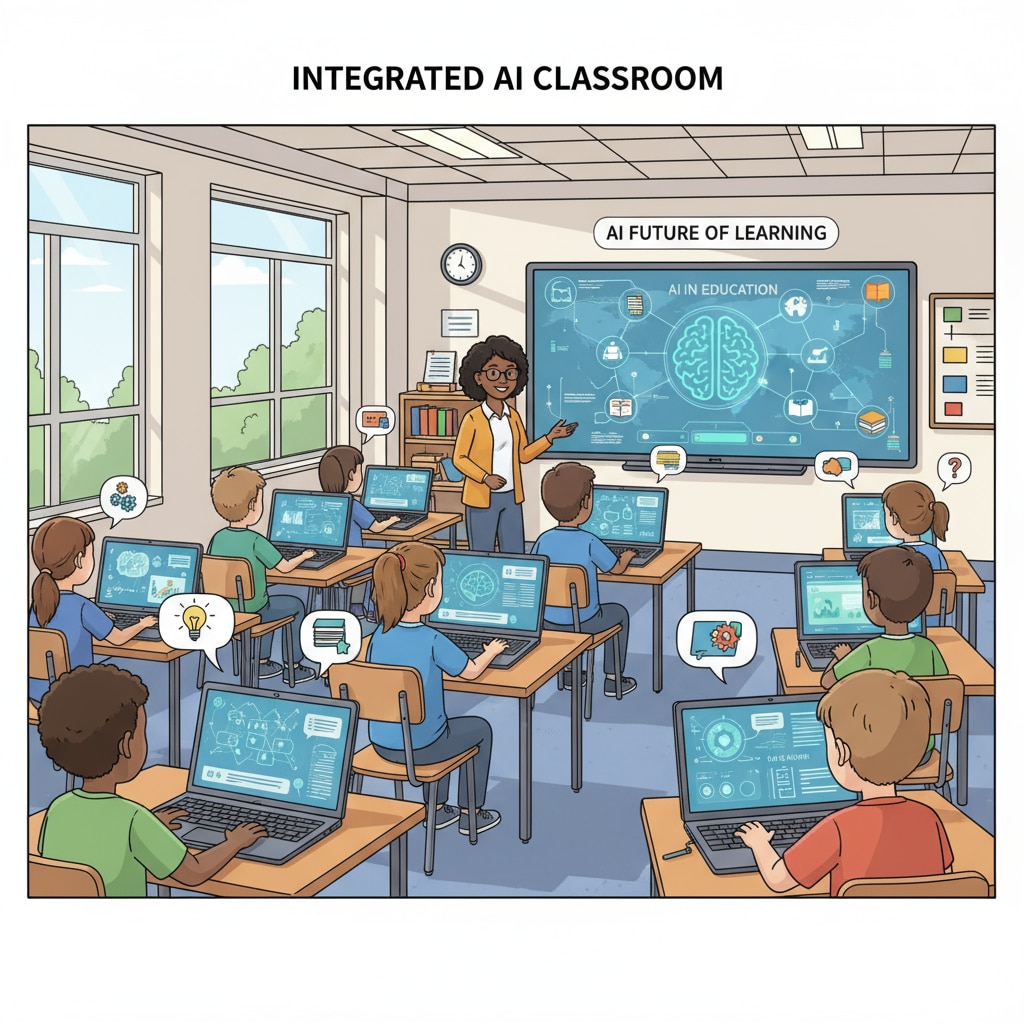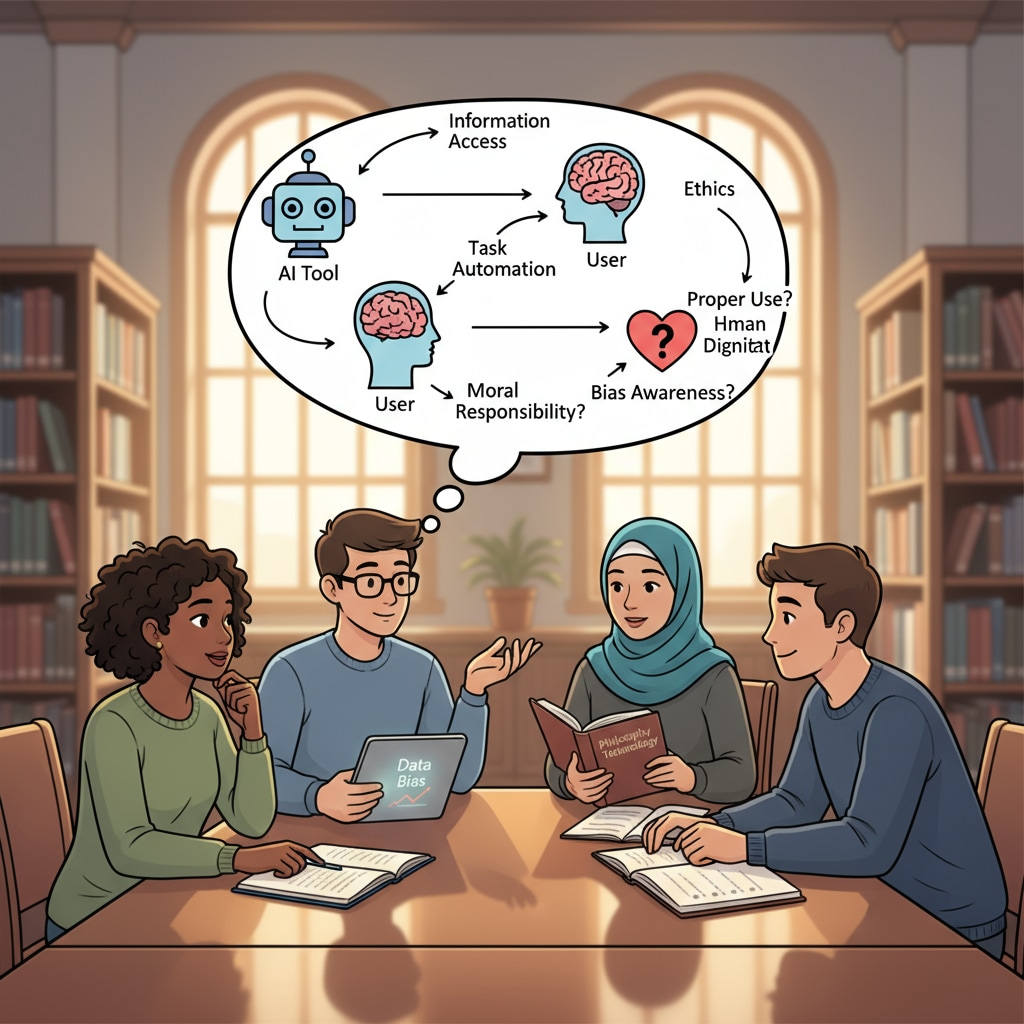Academic integrity, ChatGPT assistance, and moral dilemmas are at the forefront of discussions in education today, especially in the K12 sector. The rapid advancement of AI technology has brought both opportunities and challenges to students’ learning processes. As AI tools like ChatGPT become more accessible, students are faced with the question of how to use them without compromising academic integrity.

The Rise of AI in K12 Education
AI has made significant inroads into K12 education. Tools such as ChatGPT can provide instant answers, help with writing essays, and offer explanations for various concepts. For example, a student struggling with a history assignment can ask ChatGPT to summarize key events. However, this ease of access has led to concerns. According to Academic integrity on Wikipedia, academic integrity involves honesty, trust, and responsibility in academic work. When students use AI to complete tasks without proper citation or understanding, it undermines these principles.
The Moral Dilemmas Faced by Students
Students often find themselves in a moral bind. On one hand, they want to achieve good grades and keep up with the demands of their studies. On the other hand, they know that using AI inappropriately is unethical. For instance, some may be tempted to submit AI – generated essays as their own work to save time. This not only violates academic integrity but also hinders their own learning. As a result, it is crucial to define clear moral boundaries.

Guidelines for Ethical AI Use
Educators play a vital role in guiding students. First, they should educate students about what constitutes appropriate and inappropriate use of AI. For example, using AI as a research aid, such as getting ideas for a project, is acceptable as long as proper attribution is given. Second, educators can incorporate AI – related topics into the curriculum. This way, students learn how to use these tools in an academic context. According to Educational ethics on Britannica, by integrating ethical discussions about AI use, students can develop a better understanding of academic integrity.
Readability guidance: In this article, we’ve explored the rise of AI in K12 education, the moral dilemmas students face, and guidelines for ethical use. By following these steps, we can ensure that students benefit from AI while upholding academic integrity. Using short paragraphs and lists helps summarize key points, and the inclusion of external links provides additional resources for further exploration.


